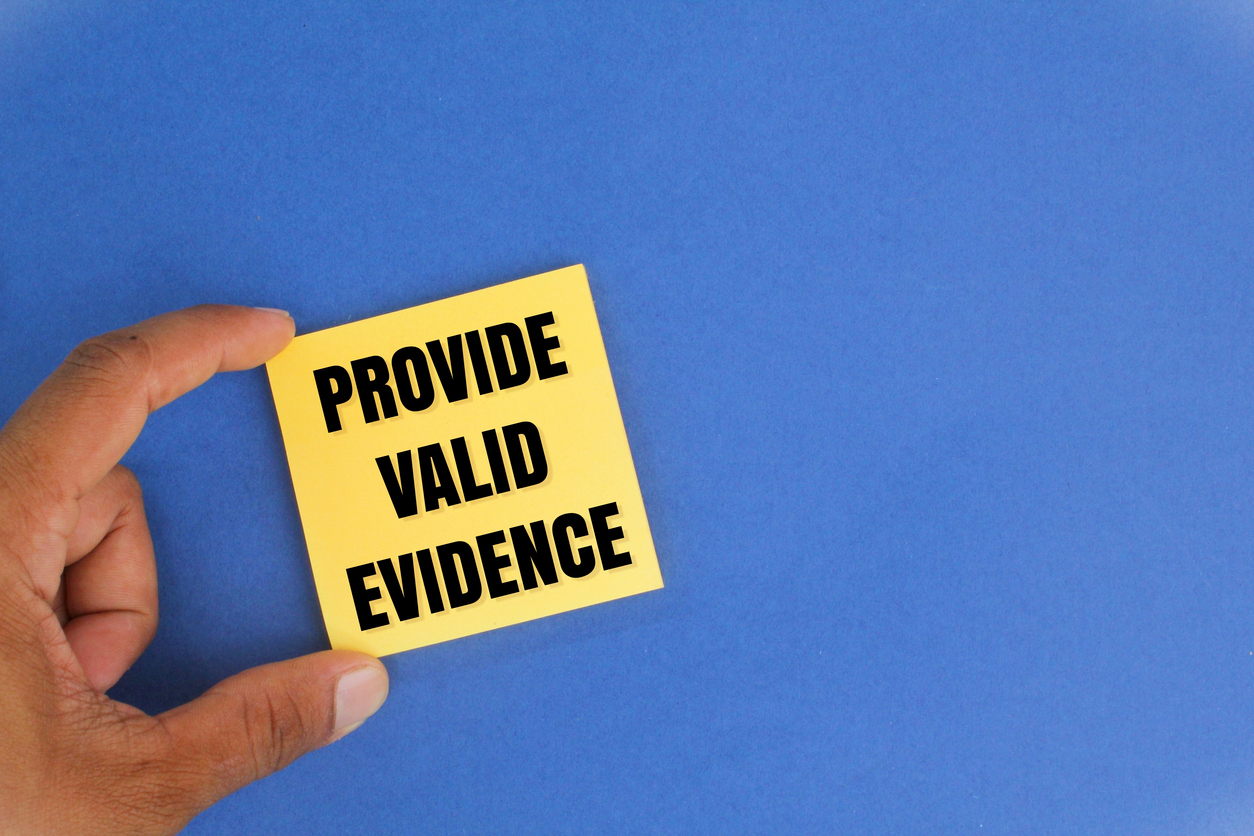(Note: This Guest Blog is by Michelle Claverol, an attorney with Merlin Law Group in the Coral Gables, Florida, office. This is the part of a series she is writing on business interruption claims).
In this business, everyone has their own style of “working a claim.” There are, however, healthy techniques of claim presentation that practitioners should follow to effectively present a business interruption claim.
In reviewing my own practice and various treatises on this area of insurance law, there is a consensus that the following strategies will most likely result in a fair resolution of a business interruption claim:
1. Review the policy – it does not matter if you can quote coverage forms by memory, the best practice is to review the policy, along with any applicable endorsements, to note all the various categories of losses and expenses that are covered, or not, as well as to recognize and execute all duties and obligations under the policy.
2. Give notice – almost every policy requires that an insured give notice of the loss, “promptly,” “as soon as practicable,” “immediately,” “within a reasonable time,” or within some other time period specified under the policy. Failure to comply with this policy condition may result in a claim denied. If this happens, the claim will inevitably have to be litigated. In Florida, a denial for failure to give timely notice will unfortunately create a rebuttable presumption that the carrier has been prejudiced as a result thereof. Tiedke v. Fidelity & Cas. Co. of New York, 222 So.2d 206 (Fla. 1969). Therefore, if the insured decides to litigate the claim denial, the insured has the burden of presenting enough factual evidence to overcome this presumption and the court must determine if the time between the loss and the notice was reasonable under all of the facts and circumstances of the case. See, Employers Cas. Co. v. Vargas, 159 So. 2d 875, 877 (Fla. 2d DCA 1964). Also, when giving notice of a claim, avoid making any verbal or written statements regarding coverage, the requirement to give notice, is just that; a duty report the loss in a timely fashion.
3. Cooperation – After a claim is reported, a carrier will begin its adjustment or investigatory phase. During this period of time, the insured is required by the contract to provide as much information as reasonably possible to assist the insurer in its investigation of the claim. Many business owners and managers raise their brows at the type of information that sometimes is requested in support of a BI claim. Rightfully so. At times, the information requested may infringe on trade secrets or information that fuels the business’ competitive advantage. If this is a concern, an insured should consider retaining an attorney, not only to openly discuss these concerns without fear of publicity, but also to consider the possibility of drafting and entering into a Confidentiality Agreement with the insurer, which, most of the time, is merely seeking to quantify a claim and will not oppose such an agreement.
4. Mitigation – Many policies cover only those losses that could not be avoided through reasonable post-loss mitigation efforts. With respect to business interruption coverage, an insured is often required to exercise due diligence to repair covered property damage and resume operations. Therefore, after a loss, an insured should quickly evaluate whether there are reasonable steps it can take to avoid additional business or property losses. To the extent possible, an insured may want to consider informing its insurer of its mitigation efforts to provide an opportunity for input and to avoid dilemmas after the fact.
5. Cost Tracking – In general, a policyholder bears the burden of measuring, documenting, and establishing its claim. Most businesses have internal accounting programs and systems that organize its ingress/egress functions. Hopefully, these systems operate remotely and will survive a catastrophic loss. Otherwise, the insured will face the daunting task of reconstructing its pre-loss costs and post-loss projections from scratch.
6. Document everything – if there is one thing that people can learn from lawyers is the practice of documenting every relevant communication with all relevant parties. Many business owners and managers already engage in this type of practice, but in times of distress and anxiety about survival, many forget to maintain this important practice. I always say, there is nothing more powerful than those green cards at the post office; this practice simply makes life easier.




